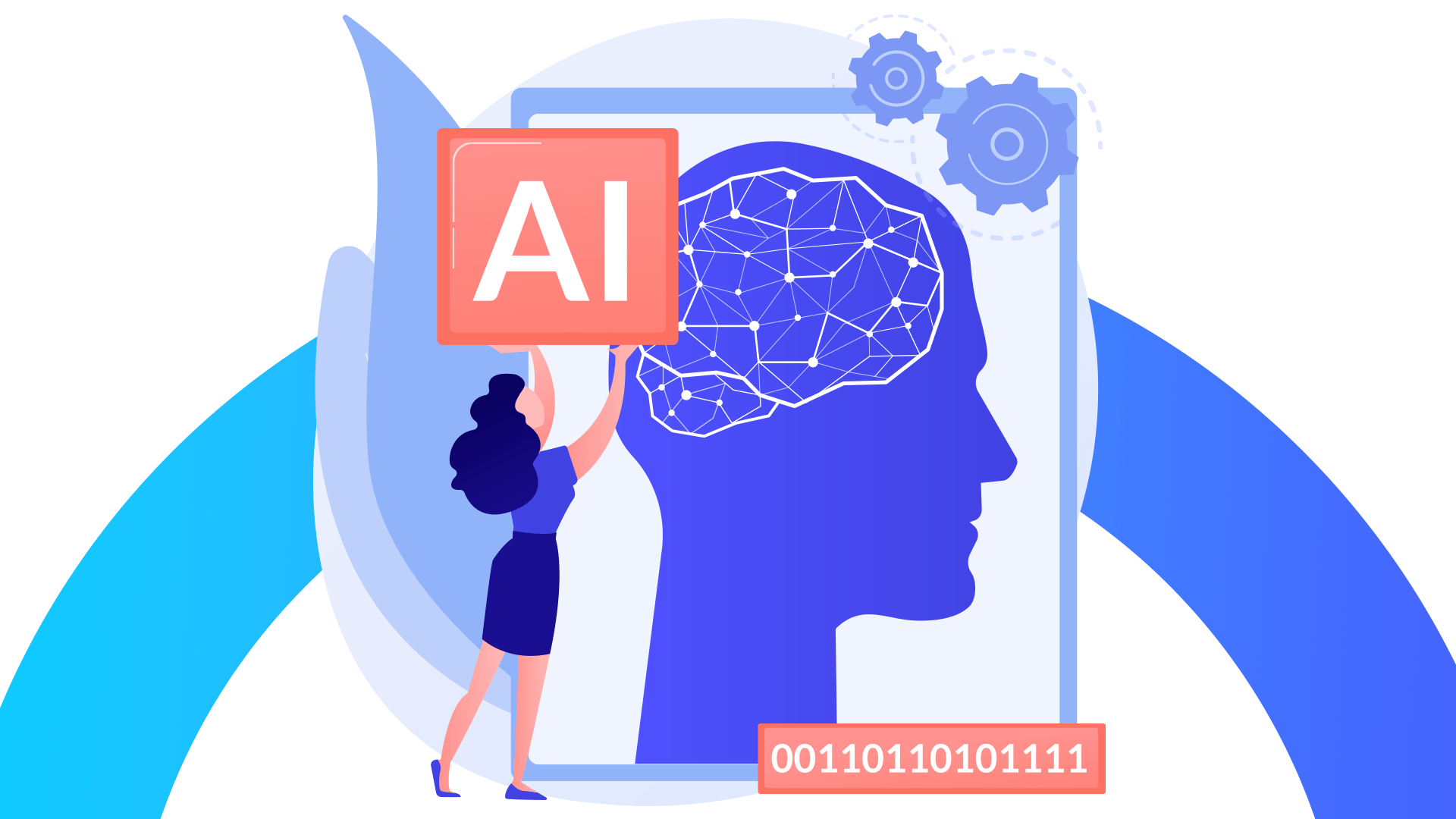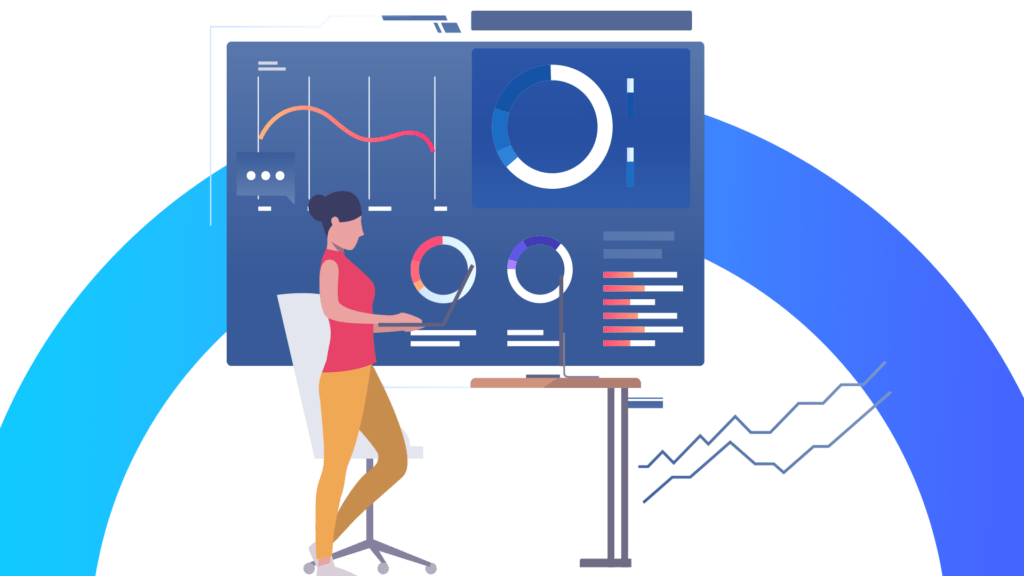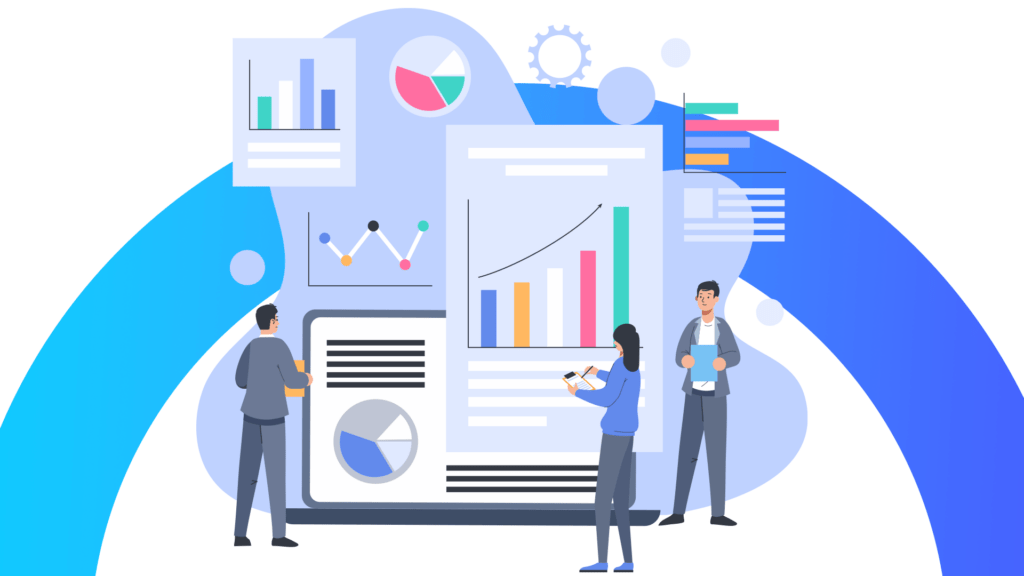Generative AI is transforming manufacturing, bringing faster innovation, streamlined operations, and smarter supply chains. It simplifies complex tasks, boosts efficiency, and helps businesses adapt to challenges—keeping you ahead in today’s fast-paced industry.
Generative AI in manufacturing
Thanks to generative AI, manufacturing industries are entering an exciting new era. Innovative tools like ChatGPT, Bard, and Jasper are helping companies develop innovative products, run operations more efficiently, and rethink supply chains. The result? Manufacturers benefit from faster production cycles, reduced costs, and improved quality.
Gen AI is expected to contribute 27% of the whole AI market in 2030, increasing from just 5% in 2022. Its market value soared up to USD 45 billion in 2023, and is expected to rise to USD 207 billion in 2030. This shows that generative AI is no mere buzzword— it is revolutionizing manufacturing operations worldwide.
What makes generative AI in manufacturing unique is its intelligence, not simply automation. Learning from massive amounts of data, it analyzes patterns and provides creative and efficient solutions. Let’s discover how generative AI is revolutionizing manufacturing today. We’ll explore its impacts and why it’s such a game changer.
What is Generative AI?

Generative AI (Gen AI) is an AI subcategory that utilizes natural language processing algorithms. Through Gen AI, manufacturers can generate text, images, and even videos representing source manufacturing data. It is unlike traditional analytical AI, which uses historical data to improve processes and outcomes through pattern detection, decision-making, and analytics gathering.
With time, as we see Generative AI models in manufacturing mature, both Gen AI and analytical AI will converge. While analytical AI will optimize operations, Generative AI will help with task simplification, acceleration of processes, and increase workforce productivity.
Areas improved by Generative AI in manufacturing
Revolutionizing product design
Imagine brainstorming thousands of ideas for a product design in minutes. Generative AI in manufacturing can do that. By analyzing huge datasets, it generates creative design options, helping manufacturers innovate faster and smarter.
For example, AI tools can propose alternative materials for a product that reduce costs or improve durability. Designers can experiment with these suggestions in virtual simulations, reducing the need for physical prototypes. This approach saves time, boosts creativity, and leads to better products.
Let’s consider the example of automotive manufacturers. To design lightweight car components that are just as strong but more fuel-efficient, they make use of generative AI in manufacturing. Similarly, electronics manufacturers use AI to develop compact, efficient circuit boards. The possibilities are endless, limited only by the data and goals you provide.
Making operations smoother
Generative AI goes far beyond design; it can also play an invaluable role on factory floors. AI-powered systems can detect when machines might break down, schedule maintenance before any issues arise, and optimize production schedules.
Predictive AI saves both time and money for manufacturers. Unplanned downtime costs billions annually. However, this solution minimizes such disruptions, like an assistant that ensures machines are always ready to perform.
AI can also enhance quality control. Traditional inspection methods rely on manual checks, which may overlook small defects. Generative AI in manufacturing uses cameras and sensors to analyze products in real time. Its algorithms detect inconsistencies that humans might overlook; this ensures only high-quality products reach customers.
One example is the pharmaceutical industry, where quality is critical. AI systems monitor every step of production, from ingredient mixing to packaging, catching errors before they escalate. This level of precision builds trust with customers and regulators alike.
Streamlining supply chains
Supply chains are the backbone of manufacturing, and generative AI is helping them run smoother than ever. AI tools provide real-time insights into inventory, logistics, and demand trends. For instance, generative AI in manufacturing helps visualize demand spikes based on seasonal patterns or market conditions. Manufacturers use these insights to stock up on raw materials and avoid shortages, optimizing delivery routes to save fuel and reduce shipping times.
During the COVID-19 pandemic, supply chain disruptions highlighted the need for adaptability. Companies that had already adopted AI navigated these challenges more effectively. They could quickly identify alternative suppliers, reroute shipments, and maintain production schedules.
Generative AI doesn’t just improve efficiency—it also makes supply chains more resilient. Whether it’s a sudden spike in demand or a disruption like a natural disaster, AI helps manufacturers stay one step ahead.
Overcoming challenges
Like any new technology, generative AI in manufacturing comes with its own set of hurdles. Here are some common challenges and how to tackle them:
- Data matters: AI needs high-quality data to work its magic. Invest in data collection and cleaning to avoid errors.
- Seamless integration: Introducing AI into existing workflows can be tricky. Collaborate with IT teams to make the transition smooth.
- Budget planning: AI tools can be pricey upfront, but the long-term savings usually outweigh the costs. Consider it an investment in future growth.
- Team adaptation: Employees may worry about job security or find the technology intimidating. Transparent communication and training are key to overcoming resistance.
Through OmniChat, complex data can be simplified into actionable insights using a natural language interface. Teams can easily track KPIs, enhance OEE, and monitor asset performance without requiring technical skills.
By integrating data from multiple platforms and providing real-time visualizations, OmniChat empowers manufacturers to detect trends, optimize energy usage, and predict equipment maintenance needs. Its automated data preparation and instant analytics streamline decision-making, enabling manufacturers to increase efficiency and achieve operational success with ease.
Why it’s worth it
Generative AI isn’t just a fancy tool—it’s a competitive edge. Manufacturers embracing this technology are seeing faster innovation, lower costs, and more satisfied customers. The future of manufacturing is here, and it’s powered by AI. Whether you’re reimagining product designs, fine-tuning operations, or making supply chains smarter, generative AI is the key to staying ahead in a rapidly changing world.
Are you ready to transform your processes with generative AI in manufacturing? The possibilities are endless—and the rewards are well worth the effort.
To explore how, through OmniChat you too can harness the endless benefits of generative AI in manufacturing, talk to our experts.




